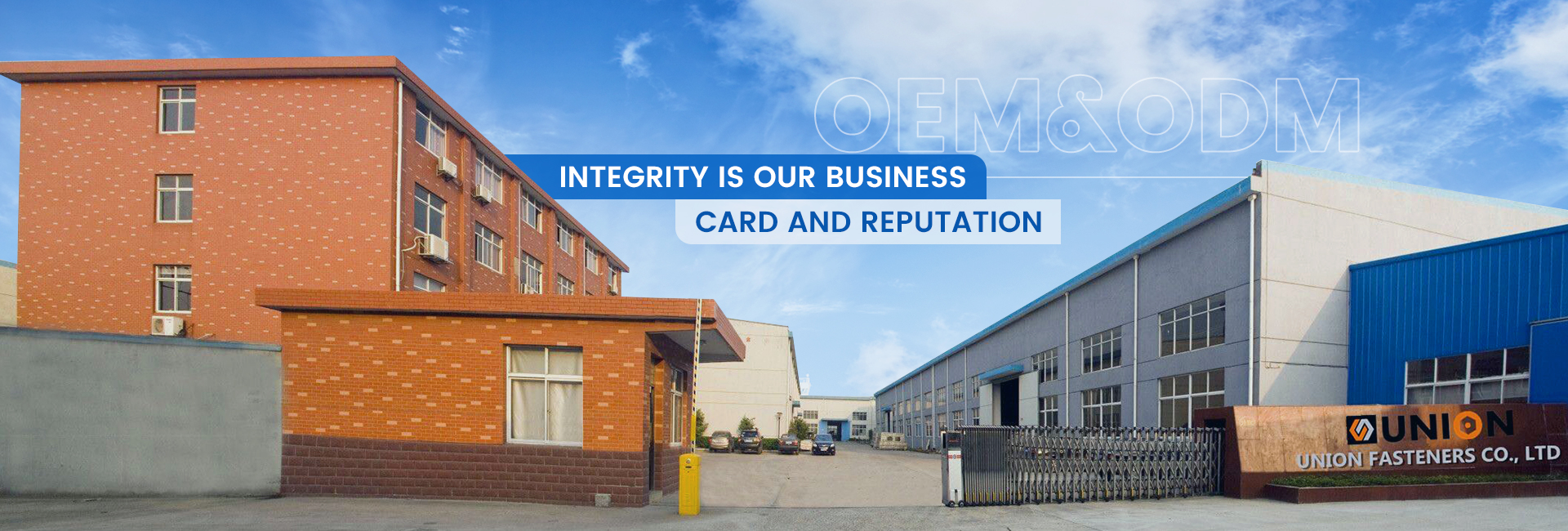Choosing the right nails for your concrete nailer is essential for optimal performance and safety. With a wide variety of nail options available, it can be overwhelming to determine which ones are best suited for your specific needs. In this comprehensive guide, we’ll explore the different types of concrete nailer nails and provide recommendations for various applications.
Common Types of Concrete Nailer Nails
Concrete ST-Nails: These are the most common type of concrete nailer nails, featuring a T-shaped head that provides ample driving power and holding strength. They are suitable for a wide range of applications, including attaching furring strips, lath, plywood, and siding to masonry surfaces.
Concrete Pins: These nails have a smaller head than ST-nails and are typically used for lighter applications, such as fastening insulation boards, wire mesh, and drywall to masonry.
Ring Shank Nails: These nails feature a spiral shank that provides enhanced grip and resistance to pull-out, making them ideal for applications requiring extra holding power, such as attaching cabinets and fixtures to masonry.
Selecting Nails Based on Application
The specific type of concrete nailer nail you choose will depend on the material you’re fastening and the desired level of holding strength. Here’s a general guide:
For furring strips, lath, and plywood: Use concrete ST-nails of appropriate length.
For insulation boards, wire mesh, and drywall: Use concrete pins of appropriate length.
For cabinets, fixtures, and heavy-duty applications: Use ring shank nails of appropriate length.
Additional Nail Considerations
Nail Length: Choose nails that are long enough to penetrate the masonry surface and provide adequate embedment in the base material.
Nail Diameter: Select nails with the appropriate diameter for the thickness of the material you’re fastening.
Material: Opt for hardened steel nails that can withstand the impact and penetration forces involved in driving nails into masonry.
Safety Precautions
Always wear safety glasses and gloves when working with concrete nailers and nails.
Ensure the nails are properly aligned with the desired fastening point.
Apply firm, controlled pressure to the trigger to drive the nail into the masonry.
Never point the nailer at yourself or others.
Conclusion
By selecting the right nails for your concrete nailer and following proper safety procedures, you can ensure that your projects are completed efficiently, safely, and to the highest standards. Remember, the type of nail you choose will significantly impact the performance and outcome of your work. Take the time to select the appropriate nails for each application, and you’ll be well on your way to achieving professional-quality results.
Post time: Jul-04-2024



